Elizabeth Kennedy is a community organizer, educator, former national director at Multiplying Good where she led a national leadership program for young changemakers aged 5-25, and former program director at iMentor. Elizabeth holds her B.A. from Trinity College and is an alumna of the NYU Fellowship for Emerging Leaders in Public Service program, the Community Fellows Program from the Institute for Nonprofit Practice, and the Executive Program for Social Impact Strategy from the University of Pennsylvania.
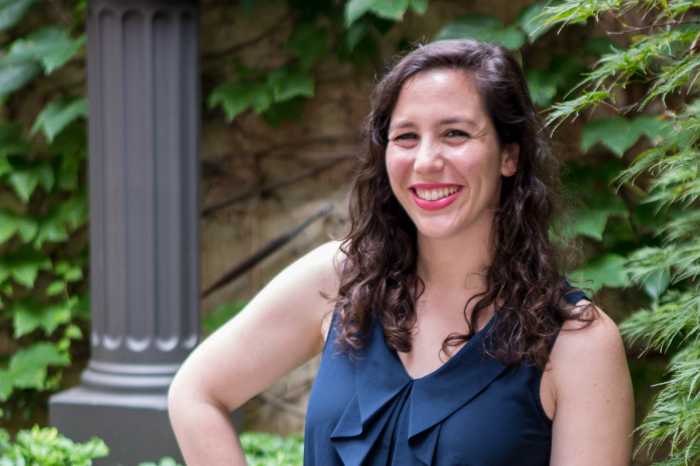
Elizabeth Kennedy
Deputy Public Advocate for Education and Opportunity, New York City Office of the Public Advocate

John B. King Jr.
Chancellor, The State University of New York
John B. King Jr. is the 15th chancellor of the State University of New York, the largest comprehensive system of public higher education in the United States. Prior to his appointment as chancellor, King served as president of The Education Trust. Chancellor King holds a B.A.in government from Harvard University, a J.D. from Yale Law School, as well as both a M.A. in the teaching of social studies and a doctorate in education from Teachers College at Columbia University.
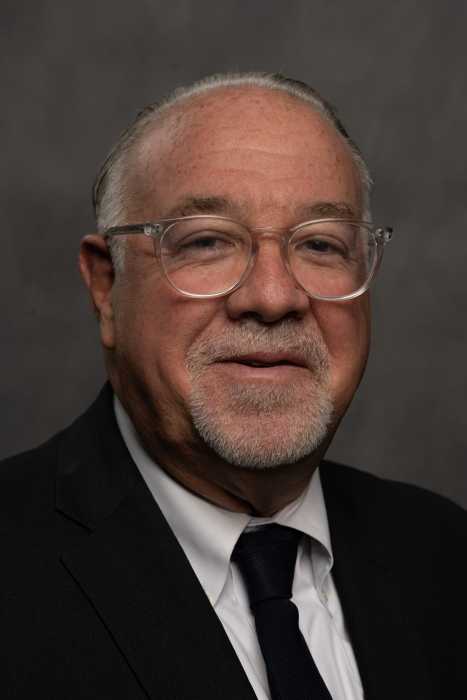
Michael Kohlhagen
President and Chief Executive Officer, Center for Educational Innovation

Michael Kohlhagen, president and CEO of the Center for Educational Innovation, leverages his experience as a former superintendent and assistant superintendent in public education. As CEO, Kohlhagen has significantly expanded CEI’s programs, securing multiple funding sources to support both traditional and charter public schools. Notably, CEI’s proprietary enrichment programs, including Project BOOST, benefit over 200 schools, upholding a steadfast commitment to School Transformation, professional learning for school leaders and student enrichment through Project BOOST.
What inspired you to pursue a career in education?
I aimed to create schools that promoted equity and innovation. I witnessed the emergence of Community Schools as a transformative strategy, exemplified by CSD 6 in Northern Manhattan. I recognized its national potential and replicated similar initiatives in Connecticut School Districts and an underserved NYC suburb. I spearheaded School-Based Health Centers within the community school movement. CEI leads a network of successful Community Schools, empowering leaders to extend our proven model, positively impacting communities.
What aspects of education do you believe need more support from policymakers?
Policymakers must prioritize early childhood education and reading science while addressing career readiness with cutting-edge technology. To bridge the digital divide, they should ensure universal high-speed broadband access and update teacher preparation programs for higher education. Funding is not enough; measurable reforms are necessary. The CEI supports policy development and school connections through coaching, ensuring funding and policies benefit all students. These enhancements empower students to excel academically and develop essential skills for their future.
What do you think the future of New York’s education system looks like?
New York’s education future hinges on collective involvement—students, parents, educators, elected officials, and communities attuned to public education needs. We must embrace accelerated, personalized learning, high-impact tutoring, and interest-based academies. Community schools and 24/7 learning opportunities, powered by partnerships, are crucial. The PreK-20 model must come alive. Online learning will gain prominence, which means addressing the digital divide, adapting to job market shifts, and possibly moving toward competency-based, personalized education for individual students.
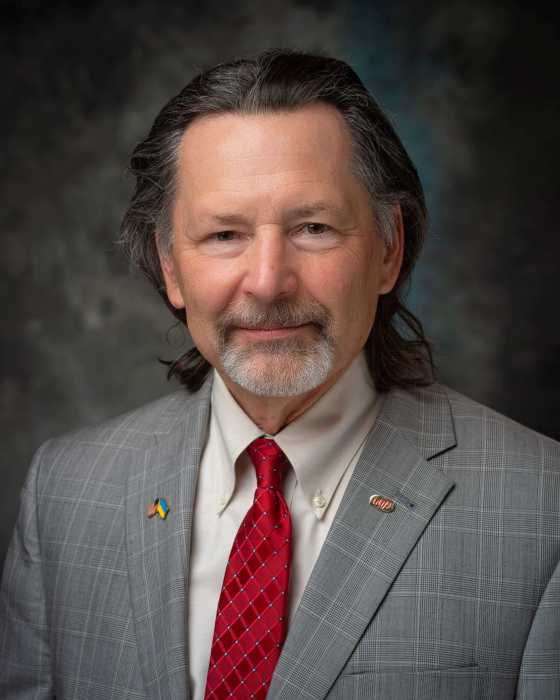
Frederick Kowal
President, United University Professions

Frederick E. Kowal has served as UUP president since winning election in 2013. Under his leadership, UUP has become a strong, politically influential organization in New York. Central to this work has been Kowal’s insistence that UUP take on the role of offering innovative solutions to the challenges facing SUNY. Kowal is a member of AFT’s executive council, NYSUT’s board of directors and executive committee, NY AFL-CIO’s executive council, and the NWF’s board of directors.
What inspired you to pursue a career in education?
I grew up in MA, the son of working class, unionist parents. I earned a bachelor’s and master’s in economics and a doctorate in political science. After my master’s, I moved to Montana to work on the Flathead Indian Reservation. I then taught at SUNY Cobleskill where I developed Native American Studies courses that became an undergraduate minor. For me, the opportunities education provides to change lives have always been the driving force in my career.
What aspects of education do you believe need more support from policymakers?
The nation desperately needs support for educating our students about the political system, processes and history. Attempts to curtail or eliminate the teaching of the truth which enables critical thinking and analysis of our own past will lead to an ignorant population, which is most vulnerable to the rise of autocrats–and we’re close to that kind of situation right now.
What do you think the future of New York’s education system looks like?
More diverse in the faculty and professional staff, much more diverse. Also, more diverse in student makeup. There will also be changes in the way students are taught and learn, with more emphasis on the use of technology and out of classroom experiences.
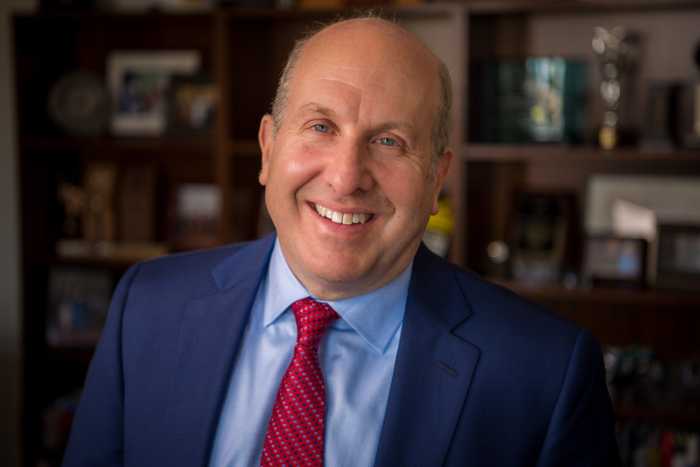
Marvin Krislov
President, Pace University

Marvin Krislov has served as president of Pace University since 2017. He is deeply committed to Pace’s mission of Opportunitas: providing all students, regardless of economic background, access to the transformative power of education. Under his leadership, Pace is developing innovative new interdisciplinary programs, continuing the transformation of its New York City Campus, and delivering on its experiential education model, the Pace Path, that produces superior career outcomes.
What inspired you to pursue a career in education?
I’ve long believed in the power of higher education. When students come to college, they’re exposed to new people, new ideas, and new ways of thinking. They are transformed, and a whole new range of potential futures is unlocked. Especially for first-generation students, college can change not just an individual but also their families and even their communities. That’s what we do at Pace, and I love being able to provide that opportunity.
What aspects of education do you believe need more support from policymakers?
The pandemic had profound effects on young people and their educational and social development. I teach three courses, an intro section for new students and higher-level courses on education policy and elections, and I see the impacts of learning loss and socialization challenges. As educators and as a society, we need to recognize these difficulties and find ways to get students the support they need. Addressing this is crucial to the future of our state.
What do you think the future of New York’s education system looks like?
Our young people are looking for educational opportunities that expand their horizons and provide real results. The model of experiential education we specialize in at Pace delivers for today’s students, as evidenced by our extraordinary placement rates. At a time when return on investment is so important to students and their families, and when some are questioning the value of a degree, we’re proving it out. What we do at Pace delivers.
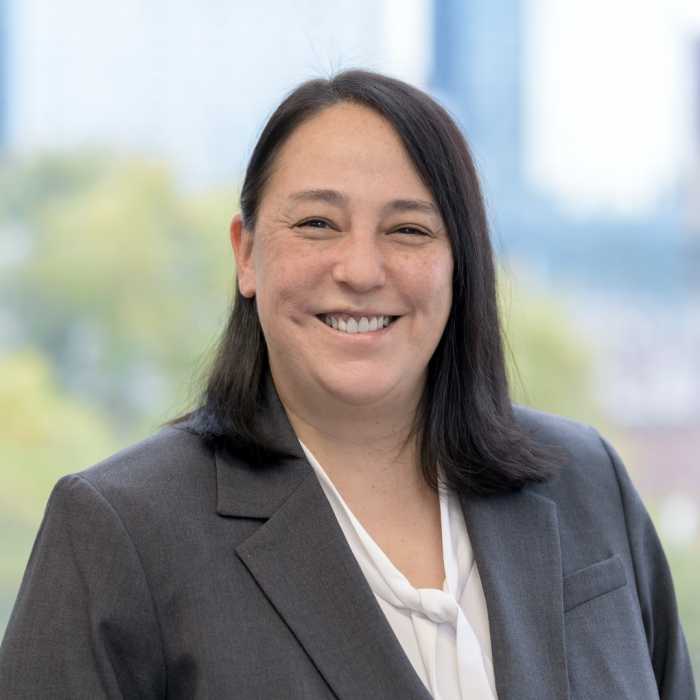
Nina Kubota
President and CEO, NYC School Construction Authority

Appointed president in 2021, Nina has been focused on not just building world class learning spaces, but also increasing participation from MWBE contractors through the SCA’s heralded mentor program. President Kubota is also focused on building sustainably for the future and is leading the multi-billion dollar plan to complete or convert 100 schools to all-electric heating by 2030. This September, the SCA will open ten new schools/additions that will add 4,422 seats throughout the City.
What inspired you to pursue a career in education?
Since joining the School Construction Authority in 1998, I have dedicated my career to the mission of providing state of the art educational facilities for New York City’s school children.
What do you think the future of New York’s education system looks like?
We are incredibly proud of the work we have done together with the Council and other partners. I can’t overstate the importance of the partnership between the City Council, the SCA, and the DOE. Our collaborative relationship will be vital to the successful implementation of our upcoming 2025-2029 Capital Plan, which will provide the state-of-the-art facilities that our students need to succeed.
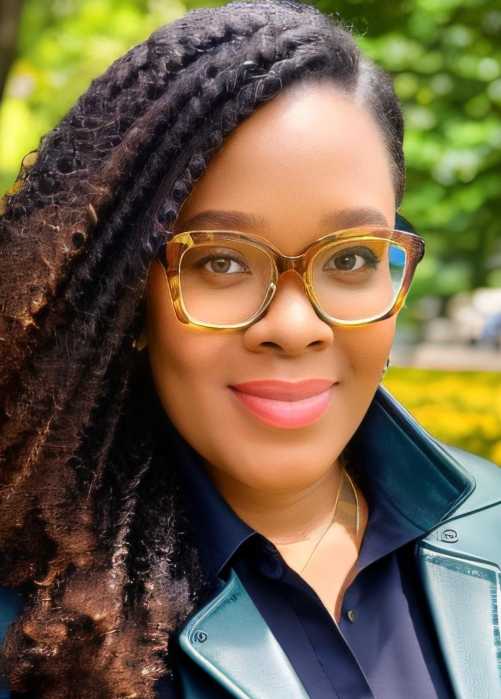
Kimaada Le Gendre
Director of Education, Queens Museum

Kimaada is the director of education at the Queens Museum where she curates, develops, and oversees education programs. As a former history teacher, she prides herself on developing and shaping empowering curricula and programs through a decolonized lens. She holds a B.A. in English from Hunter College and a M.A. in environmental law and policy from Vermont Law School. She is a board member for the Museum Council of NYC and the Museum Education Roundtable.
What inspired you to pursue a career in education?
I am the product of educators! My mother has been an elementary school teacher for 40+ years and my father taught at the college level. Both of them are examples of the life changing impact that caring, thoughtful and inspiring educators can have on young lives. They both inspired me to answer “the calling” and service of becoming an educator in both formal and informal capacities.
What aspects of education do you believe need more support from policymakers?
I believe that education, especially art education, needs more funding and support from our local, state and federal governments. Art education provides programming and means for students to dream, reimagine and create brave spaces where they feel safe. Our students deserve accessible curricula for all subjects that reflect all students and not just a chosen few. Policymakers are key in ensuring that true representation will always matter in education.
What do you think the future of New York’s education system looks like?
The future of New York’s education system needs to reflect the diversity, vibrancy and growth of the city itself. Gone are the days of “cut and paste” educational programming created just to check off boxes. Now is the time to invest resources and additional funding into our schools and cultural institutions to create, implement and elevate culturally sustaining and decolonized pedagogy. All NYC students should feel empowered, inspired, seen and heard.
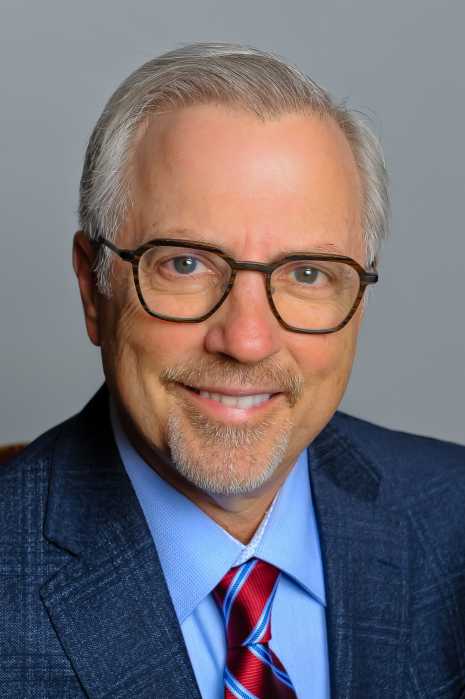
James Lentini
President, Molloy University

Dr. James Lentini serves as Molloy University’s seventh president. Under his leadership, Molloy has moved from college to university status and set a record for the enrollment of first-year students. He is a member of the board of directors for the Council on Independent Colleges and Universities and was named to the Long Island Business News Power 25 in Education. An award-winning composer and classical guitarist, he is a voting member for the GRAMMY Awards.
What inspired you to pursue a career in education?
I believe in the transformative power of education because I experienced it myself as a first-generation college student. Higher education provides a wonderful opportunity to pursue deep knowledge and creativity in a chosen field. As a professor in my earlier career and now as president, I find that the ability to help others achieve things they never thought possible in their lives is an inspiration.
What aspects of education do you believe need more support from policymakers?
I feel that it is very important for policymakers to acknowledge the value of higher education to not only develop the workforce of today and tomorrow but to develop the whole individual to become positive and contributing members of society. While creating the knowledge base needed to adapt to a rapidly changing world is important, it is also critical to educate individuals to understand the importance of caring for themselves and for others.
What do you think the future of New York’s education system looks like?
There is no doubt that the way we live and learn will continue to evolve. Learning in-person and online, hybrid work models and artificial intelligence are all having an impact that we are just beginning to comprehend. I suspect that the creative people of New York will be at the forefront of crafting the educational model of the future, and our colleges and universities will educate students to become leaders in our society.
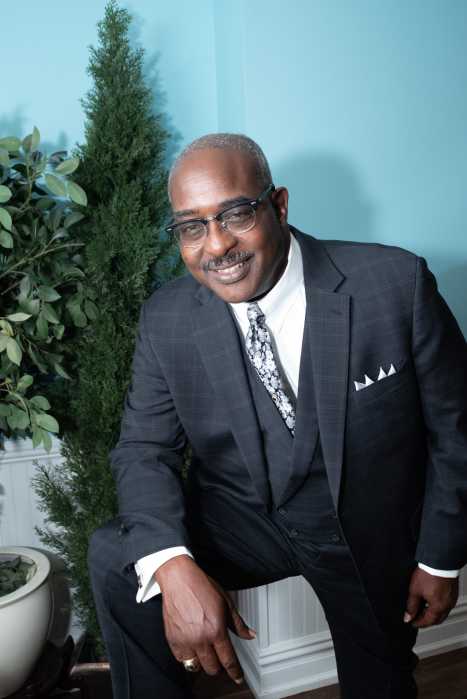
George Leonard
Principal, Collegiate Academy for Mathematics and Personal Awareness Charter School | Professor, Medgar Evers College

G. Leonard, CAMPA Charter Middle School principal, 2016-present, is an award-winning educator, noted for the high percentage of his students who successfully passed the Biology Regents. Mr. Leonard was in the PBS Special “Who Will Do Science,” and in the book The Bee Eater. He’s been noted in the NY Times, Daily News, Post and local radio. He is the founding principal of Bedford Academy H.S., which was ranked #1 in New York State.
What inspired you to pursue a career in education?
I was inspired by my own experiences as a student in public school. My memories were filled with limited resources, low expectations, and ill-preparedness for H.S. and beyond. In spite of this mine field of limited options, I was able to survive and achieve, against all odds! As a principal and college professor, I vowed to be the type of committed educator that I needed during my early years as a student.
What aspects of education do you believe need more support from policymakers?
The aspects of education that needs more support from policymakers are the following:
- School facilities equipped with state of the art technology and updated textbooks
- Safer learning environments across all communities with an emphasis on child abuse and gang activity quotients
- Teacher incentives aimed at higher salaries and tuition assistance for graduate school
- Parental support programs for single parent households
- Mental health and psycho-social initiatives for all students in need
What do you think the future of New York’s education system looks like?
The future of education appears to be aimed at a more AI dependent mode of student engagement. Regents curricula will be less emphasized in secondary school and more of a framework for middle school mandates. This shift in priorities will create more of an effective bridge between M.S. and H.S. STEM research and other related internships will be implemented so that NYS students will have a more level playing field when applying to college.
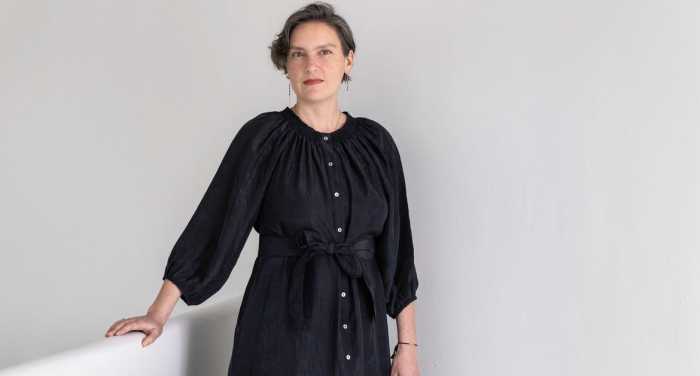
Cyra Levenson
Deputy Director and Director of Education and Public Engagement, Guggenheim Museum

During a career spanning 25 years and five museums, Levenson is dedicated to making museums dynamic learning environments. She leads the Guggenheim’s education and public engagement in partnership with the museum’s international network. In previous roles she established a community arts center at the Cleveland Museum of Art, created a partnership between Yale University and the Smithsonian Institution, and has published on creativity, cognition and public humanities practice. She is a graduate of Teachers College.
What inspired you to pursue a career in education?
As an undergrad studio art major, I had an incredible advisor who helped me to see the intersection of artmaking and social justice work. I started an after school art program for middle school girls as an honors project and have been dedicated to the practice ever since!
What aspects of education do you believe need more support from policymakers?
Creativity is a birthright. In our society we treat it as a “special” topic that can be pursued if a student has the resources, the mastery of “basic” skills, or the “talent”. This is a misunderstanding. Creativity is part of being human and can be taught and developed. If fostered, it communicates to a student that their unique way of problem solving and of sharing their lived experience is not only valuable but indispensable.
What do you think the future of New York’s education system looks like?
New York is an incredible place to learn. Students have the opportunity to participate in an international community of thinkers and doers. We are currently educating for a future that requires new skills, and an ability to think both critically and compassionately. Our systems need to rapidly adjust away from singular standards towards structures that support growth and allow for experimentation and belonging, problem solving, and collaboration towards the greater good.






